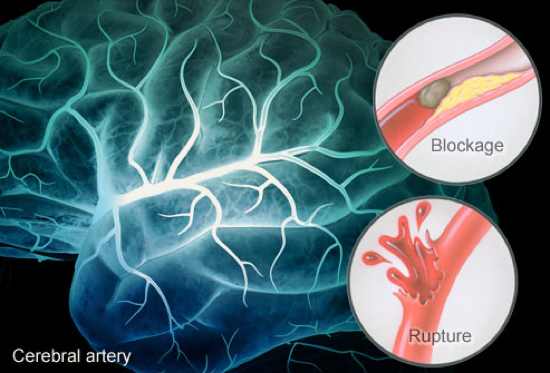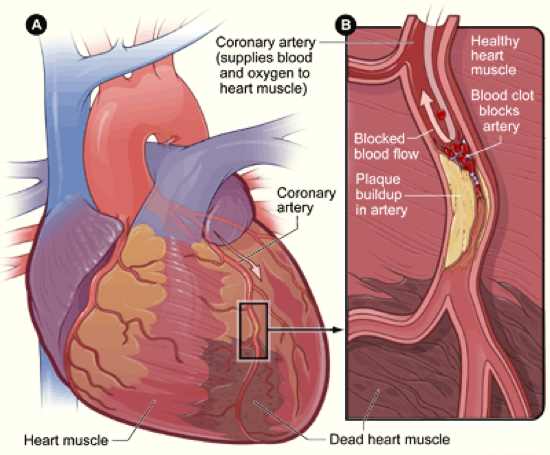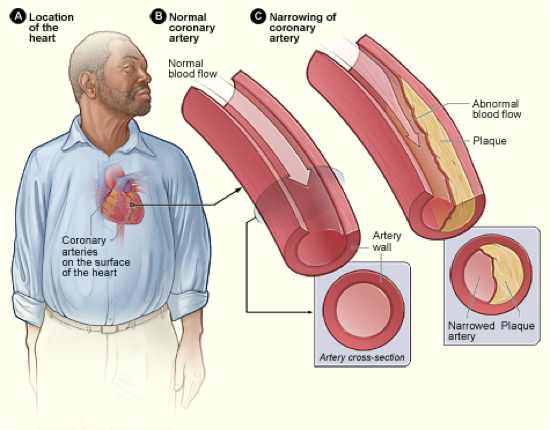Patients need to realize that doctors are human; that means that even the best and most well-intentioned will occasionally make mistakes. Do not wait until it is too late to do anything about your condition. Make sure when you go to a medical appointment that you are prepared to talk about the issues you are experiencing. Even when you are not experiencing symptoms of a specific disorder, you should still regularly get routine check-ups to monitor for any conditions that you might not necessarily be able to detect yourself. After all, sometimes a patient never has a symptom but is still seriously ill. Therefore, regular tests and routine check-ups are essential if you want to protect your health and minimize the risk of a misdiagnosis. After every medical appointment or exam, you should always ask questions, and if necessary consider seeking a second or even a third assessment. Always remember to be 100 percent honest with your physician, and try to explain your symptoms as accurately as possible. These ten illnesses are the most commonly misdiagnosed, so be particularly cautious if you believe there is a chance you or a loved one may have one of them.
Many of the most commonly misdiagnosed health problems are related to infections. Serious infections can lead to illness, loss of limbs or even death in severe cases that go untreated for too long. There are many different types of infections with a variety of different causes. For that reason, it can be wise to educate yourself about the most common types in your area. The main symptoms of many infections include fever, lethargy and redness or swelling in the affected area. Congestion, coughing and pain can also appear. Infections can often be confused for a simple fever.
Vasomotor Rhinitis is often mistaken for a simple allergy. It can be triggered by many different substances, such as perfumes, certain foods and drinks or even a dry environment. The best way to determine if you have Vasomotor Rhinitis is to see a physician about an allergy prick test. The main symptoms of the condition are watery eyes, sneezing, and congestion, sometimes accompanied by a runny nose, lack of taste and dry or itchy skin.
Celiac Disease is a chronic digestive disorder that is frequently either misdiagnosed or overlooked entirely. The disease damages the lining of the small intestine and prevents the absorption of nutrients from food. It is usually caused by eating gluten, and cannot be cured, only managed. If you have this condition, eating food that contains gluten will cause severe nausea, diarrhea, gas, bloating, reflux and constipation.
Fibromyalgia is a fairly common syndrome that causes long-term pain in the joints and muscles. The disease also causes sleep problems, difficulty swallowing, bowel and bladder problems and general pain. There still is no cure for fibromyalgia, but it can be controlled and managed after it is diagnosed. Pain from fibromyalgia is most commonly centered in the neck and shoulders; sufferers may also experience headaches, stiffness, numbness or tingling, urinary problems, sleeping problems, memory issues and the like. Sleep apnea, hypothyroidism and arthritis are the most common misdiagnoses of the condition.
A stroke occurs when blood is blocked from flowing to the brain. This can potentially cause permanent, debilitating damage or even death. There are two different kinds of strokes. A thrombotic stroke is caused by a clot forming in a narrow artery. On the other hand, an embolic stroke occurs when a clot breaks off from another location in the body and eventually travels to the brain. Symptoms of an oncoming stroke can include sudden numbness, weakness, confusion, difficulty speaking to or understanding others, blurry vision, dizziness, severe headaches. Potential misdiagnoses can include migraines, vertigo or inner-ear infections.
There are many different types of thyroid disorders. In general terms, they usually occur when the thyroid is not working properly, leading to metabolism and growth problems. Nervousness, irritability, and fatigue are all common symptoms of thyroid disorders, as are weight gain, muscle aches and weakness. A thyroid disorder can easily be mistaken for depression, stress, bipolar disorder or a mood disorder.
Heart disease affects the ability for the heart to function normally. A heart attack, a severe consequence of heart disease; it mainly occurs when blood flow to the heart is blocked. A heart attack is typically characterized by feelings of fatigue, trouble breathing, chest pain, elevated pulse and heartburn. Stress, panic attack and anxiety are all common misdiagnoses of a pending heart attack.
Cancer is some type of uncontrolled growth of abnormal or malignant cells. There are many different types and specific causes of cancer. While treatments of varying effectiveness are available, no foolproof cure has yet been found. Many types of cancer can cause chills, fever and abnormal weight loss, along with night sweats, malaise, loss of appetite and unusual fatigue. For this reason, cancer can sometimes be misdiagnosed as the flu or even the common cold.
Bacterial meningitis is a potentially deadly condition that causes the lining around the brain and spinal cord to swell. Its symptoms can include fever, confusion, seizures, and sensitivity to bright light, and sometimes sleepiness, rashes, a stiff neck and vomiting. It is often confused with the flu.
Arteries becoming clogged with fat deposits, making them hardened or narrowed, is referred to as coronary artery disease. This is a leading cause of death for both men and woman in the United States; unfortunately, it is also quite often misdiagnosed. The main symptoms of coronary artery disease are shortness of breath, chest pain and sometimes heartburn. Since these are all common conditions in individuals who are overweight or obese, it can be easy for a doctor to miss that the excess weight has also led to coronary artery disease.
























